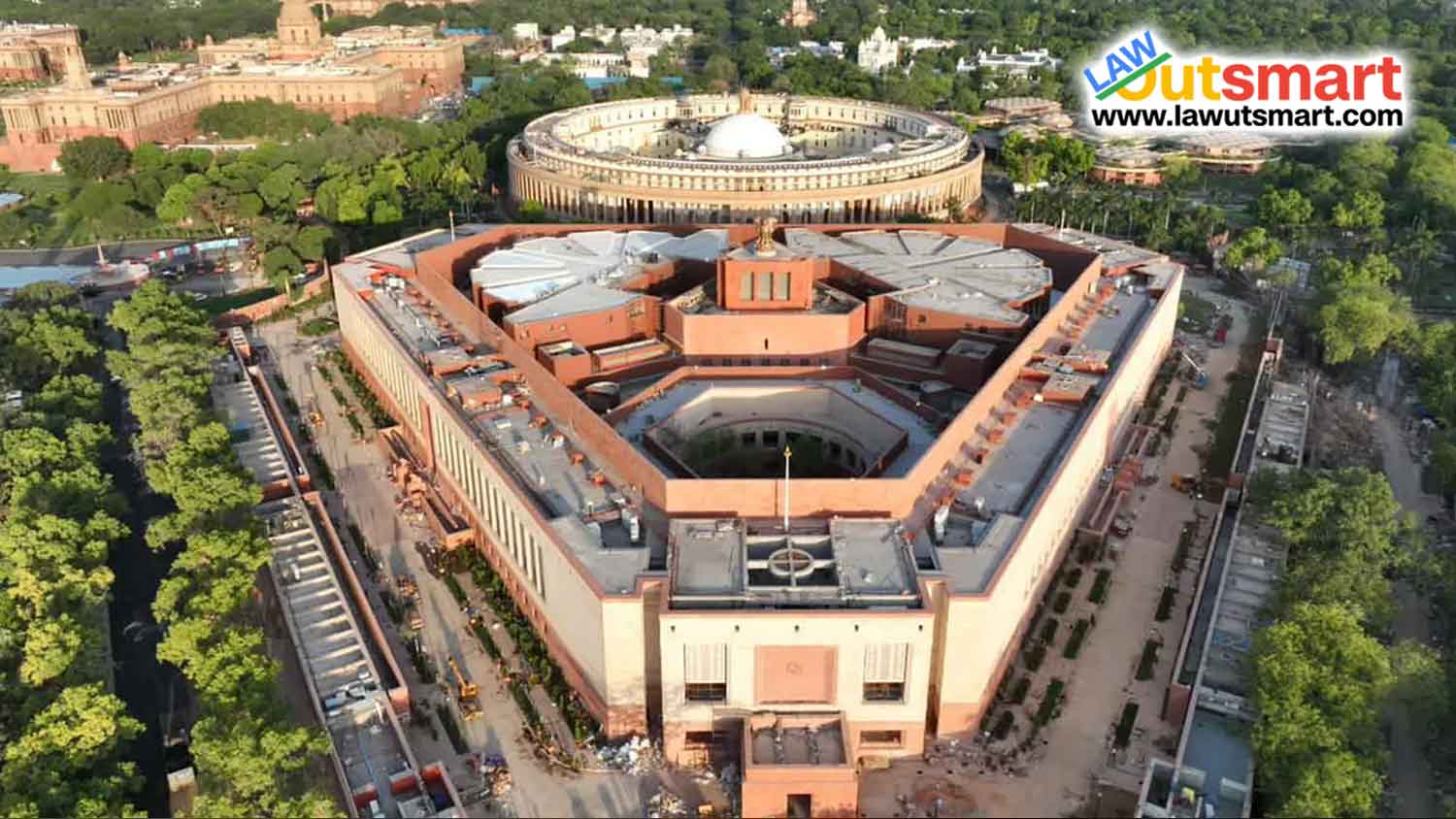India, the world’s largest democracy, owes its political stability and legislative framework to the institution at the heart of its governance – the Parliament of India. This article explores the origins, structure, functions, and significance of the Indian Parliament in the country’s democratic landscape.
Historical Roots
The Indian Parliament traces its origins to the Government of India Act, 1858, which established a legislative council in British India. However, the present form of the Indian Parliament took shape with the adoption of the Constitution of India on 26 January 1950, marking the country’s transformation into a republic.
Structure of the Parliament
The Parliament of India is bicameral, comprising two houses:
- The Rajya Sabha (Council of States): This is the upper house, representing the states and union territories. Members are not directly elected by the people but are chosen by the elected members of the State Legislative Assemblies and Union Territory Legislatures. The Rajya Sabha plays a vital role in reviewing and revising legislation.
- The Lok Sabha (House of the People): This is the lower house and consists of directly elected members from all over India. Members of the Lok Sabha are elected through a general election process, and the party or coalition with the majority forms the government. The Lok Sabha has the primary responsibility for making and amending laws.
Functions of the Parliament
The functions of the Parliament of India are multi-faceted:
- Law-Making: The Parliament is the primary legislative body in India. It drafts, debates, and passes laws on various subjects, ranging from economic policies to social issues. Legislation is discussed thoroughly in both houses before becoming law.
- Executive Oversight: The Parliament holds the executive branch accountable through various mechanisms, such as Question Hour, debates, and discussions. Members of Parliament (MPs) can question government actions and decisions to ensure transparency and accountability.
- Budget Approval: The Parliament approves the annual budget, which outlines government expenditures and revenue sources. This process ensures financial accountability and allocates resources to various sectors.
- Representation: The Parliament represents the diverse population of India. MPs voice the concerns and interests of their constituencies, ensuring that the government addresses regional and local issues.
- Constitutional Amendments: The Parliament has the authority to amend the Constitution of India, provided certain procedural requirements are met. This power allows for the adaptation of the Constitution to changing circumstances.
Significance of the Parliament
The Indian Parliament holds immense significance in the nation’s democracy:
- Democratic Backbone: It serves as the backbone of India’s democratic system by facilitating representation, debate, and decision-making on matters of national importance.
- Unity in Diversity: The Parliament is a forum where diverse voices and viewpoints come together to shape national policies, fostering unity among India’s various regions, languages, and cultures.
- Accountability: Through its oversight functions, the Parliament ensures that the executive branch remains accountable to the people.
- Legal Framework: It provides the legal framework for governance and policymaking, allowing for the peaceful resolution of disputes and conflicts.
In conclusion, the Parliament of India is not merely a legislative body but a symbol of India’s democratic spirit, diversity, and commitment to upholding the rule of law. It plays a pivotal role in shaping the country’s future and remains a testament to India’s democratic journey since its independence in 1947. As India continues to evolve, so too will the Parliament, adapting to the changing needs and aspirations of its citizens while remaining steadfast in its commitment to democracy and governance.

